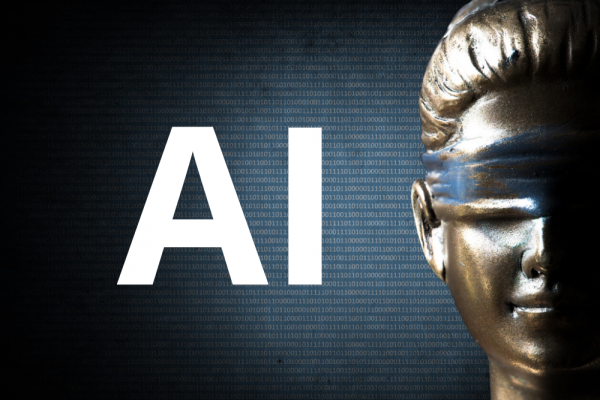On Friday, 8 December 2023, after three days of intense negotiations, the European Parliament and the Council of the European Union reached a political agreement on the Artificial Intelligence Act (AI Act). The agreement puts the EU ahead of the US, China and the UK in the race to regulate artificial intelligence (AI).
In its press release, the European Parliament said the "regulation aims to ensure that fundamental rights, democracy, the rule of law and environmental sustainability are protected from high risk AI, while boosting innovation and making Europe a leader in the field."
The EU Council press release called the AI Act a "flagship legislative initiative with the potential to foster the development and uptake of safe and trustworthy AI across the EU's single market by both private and public actors."
In a statement welcoming the agreement, Ursula von der Leyen, President of the European Commission, said: "The EU's AI Act is the first-ever comprehensive legal framework on Artificial Intelligence worldwide. So, this is a historic moment. The AI Act transposes European values to a new era. By focusing regulation on identifiable risks, today's agreement will foster responsible innovation in Europe. By guaranteeing the safety and fundamental rights of people and businesses, it will support the development, deployment and take-up of trustworthy AI in the EU. Our AI Act will make a substantial contribution to the development of global rules and principles for human-centric AI."
The European Commission published a Q&A document that covers the use and development of artificial intelligence systems under the AI Act. The document explains how the new legal framework will apply to organisations that use AI systems which affect EU citizens. The document also outlines the risk categories and obligations placed on developers of high-risk systems.
Additional legal analysis and commentary:
In related news, following the news, the IAPP has confirmed that its AI Governance Global 2024 conference will be held in Brussels on 4-5 June.

What is this page?
You are reading a summary article on the Privacy Newsfeed, a free resource for DPOs and other professionals with privacy or data protection responsibilities helping them stay informed of industry news all in one place. The information here is a brief snippet relating to a single piece of original content or several articles about a common topic or thread. The main contributor is listed in the top left-hand corner, just beneath the article title.
The Privacy Newsfeed monitors over 300 global publications, of which more than 5,750 summary articles have been posted to the online archive dating back to the beginning of 2020. A weekly roundup is available by email every Friday.
